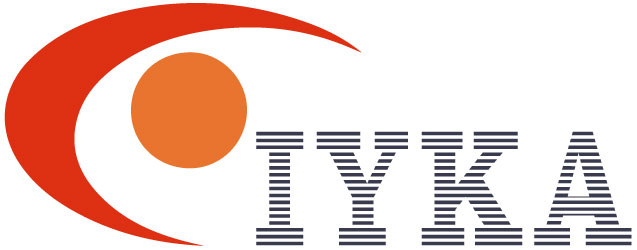Whether it is mega-projects like “Digital Transformation” or the ongoing need for increasing employee engagement, corporations invest plenty of resources to align people, processes, and tools. But the success rate is still bleak.
Indian vision of ‘yoga,” which is commonly understood as “union,” is better defined as “alignment.” This alignment is what I am calling “corporate yoga,” as we are going to understand the alignment to improve the results of corporate functioning drastically.

Indian vision recognizes that for an individual’s most whole (psychological, spiritual, functional, and professional) and rapid growth, his occupation must be in harmony with his inner nature, temperament, inclination, and capacities.
All human life is cast into a nexus and as a field for inner and outer operations of four soul-powers. These four powers, Chaturverna, provide understanding and solutions for balanced growth. A person’s internal content starts with the idea that an individual’s intellectual, ethical, and spiritual growth is the central need of a race and, for our purposes, the corporation; it is a system of relations that provides it with its needed medium, field, and conditions and with a nexus of helpful influences.
Chaturverna provides a structure to create an orderly yet flexible system to help an individual gain the appropriate educational, ethical, and moral training suitable to his or her inner temperament, aptitude, and nature. In the context of today’s corporation, Chaturverna can be defined as:
- Brahmin – Inventor (of product, services, process). The man of learning thought and knowledge
- Kshatriya – “C” level executives- CMO, CIO, CTO, CDO, CBD.. etc. The man of power and action, ruler, warrior, leader, administrator.
- Vaishya – Sales Staff, Accounting, HR, Marketing. The economic man, producer, and wealth-getter, the merchant, artisan, cultivator.
- Shudra – Repetitive skilled workers that are not inventors, worriers, traders, or chief executives. This is the largest group in a corporation that makes up employees in factory or farm workers, data-entry, clerks, and bookkeepers. They get training to do their work efficiently.
This paper highlights the holistic understanding and overlap of tendencies. These tendencies can be cultivated to the four proper aims, puruṣārtha, of human life (Dharma, Artha, Kama, and Moksha). Understanding these timeless scientific principles is sure to lay a solid foundation to best utilize all human capital from CXO to fresh interns joining the corporate world.
Author: Poonam Gupta-Krishnan, Chicago, IL, USA
Poonam is the founder of Data Management Company, Iyka Enterprises that serves has been serving the US government and global corporations since 2000. Poonam has won many national and international awards for innovation, best practices, and business leadership.
Poonam has a passion for building business and technology communities. She established a foundation, Government Technology Foundation (GTF), which collaborates with the private sector, academia, and special interest groups to get more technology innovation in the government sector. GTF provides technology trends, best practices, and consulting to CIOs, CPOs, operations, and policymakers.
Poonam also founded “Indian American Business Council (IABC),” a not-for-profit focused on providing collaboration platforms to global businesses.
Poonam Gupta-Krishnan, a visionary leader, brings her experience into her first book, “Transformation before Digital: Bringing the missing pieces from overall sustainable corporate value creation.
To receive the full paper, send a note here: https://iyka.com/contact-us/
